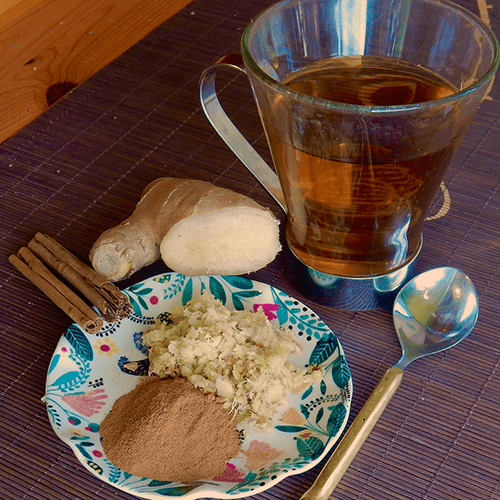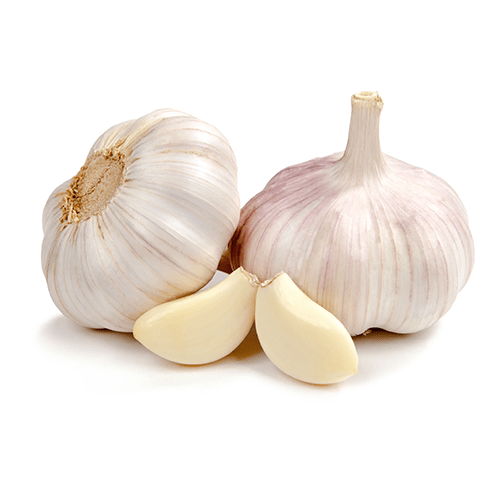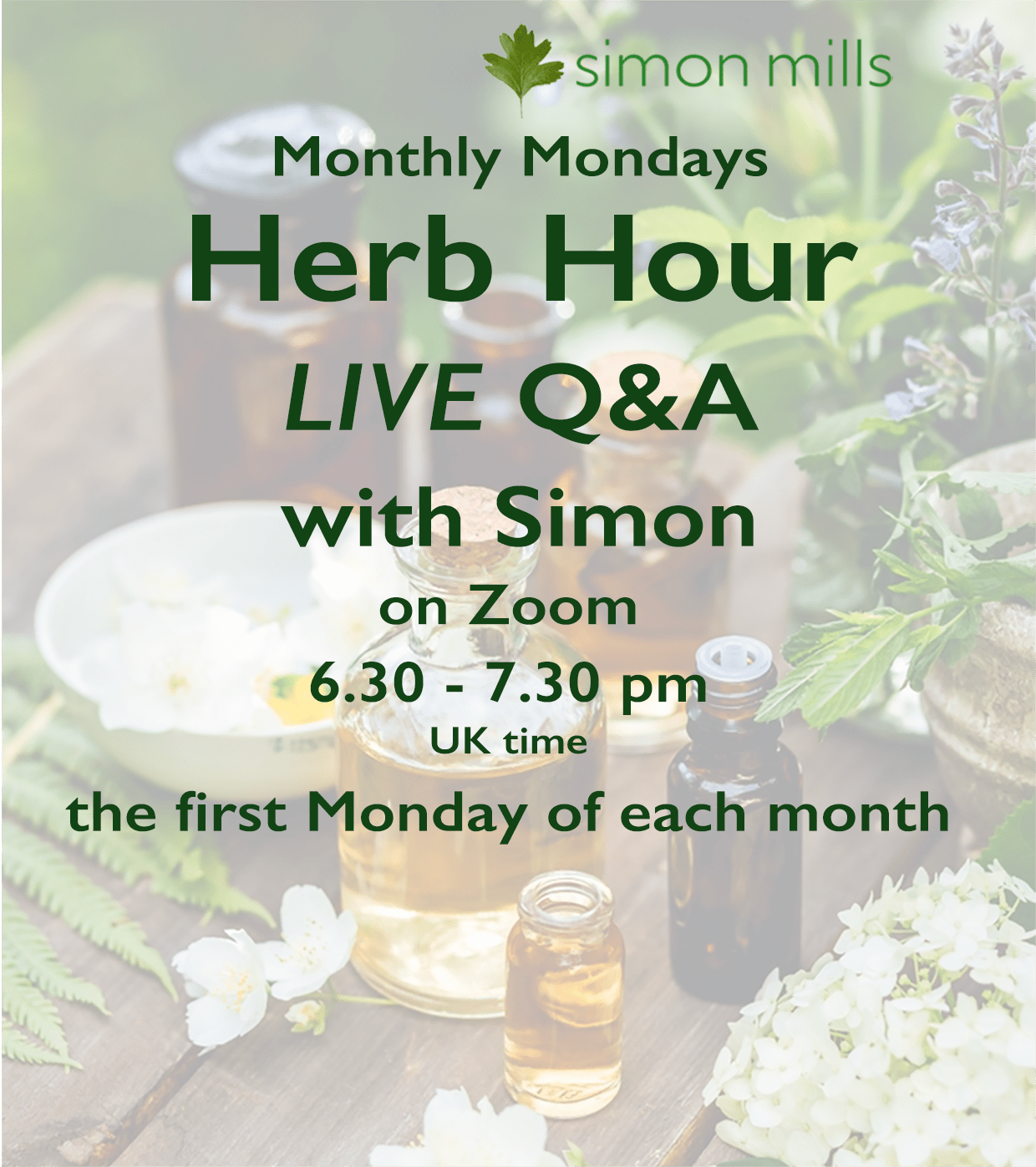Plant remedies can be effective in managing many symptoms associated with bacterial, fungal and viral infections. These approaches combine first hand experience with what fits with modern research.
NOTE: many references to remedies below link to their detailed monographs in our partner site Herbal Reality. This is a comprehensive resource on all herbal matters. More information about using the remedies will also follow in our future posts.
If you would like Simon’s help in adapting the remedies in these posts to your own needs, then consider signing up to our Masterclass programme.
FIND OUT MORE >
IMPORTANT SAFETY NOTICE.
Please read this before proceeding to use any of the remedies below.
We need to be clear what we are aiming to do in the article. plant remedies are not the same as antibiotics, antiseptics, disinfectants, antivrals or antifungals. Some authors talk about herbal antivirals or antimicrobial and the like as a shorthand but strictly speaking only concentrated or isolated extracts of plants have any such impact.
Here we will talk about what plant remedies can do well for infectious conditions. Principally they can bolster our defences against pathogens, and if we are very inspired, they can help us organise all our inner functions to help reset a healthy relationship with the world of microbes that surround and live within ust.
In practice plant remedies can make a great impact in the prevention of infections and to relieve their impact. They can even help reduce the growing antibiotic-resistance crisis. We will not discuss the treatment of severe infections in this post as even moderate cases, associated for example with wounds, or affecting deeper body structures, can be dangerous without professional oversight, including the risk of potentially fatal sepsis (septicaemia) where the infection gets into the circulation (if you get very high or very low body temperature, laboured breathing, rapid pulse, pale or blotchy skin, mental confusion get it checked out – QUICKLY- it is often missed!).
If you are prone to infections then background work is needed. This is where a general orientation to immune health will be important, so do check back on the articles in Issue 1 – Immunity. For an important first grounding in approaches to strengthen immunity read the power of plants for immunity post.
The following offers a range of remedies that can help build up strength and defences during infections themselves For more support in finding evidence-based home remedies for infections read our Instead of Antibiotics pages on the College of Medicine site.
Upper respiratory infections
Upper respiratory tract infections (URTIs) are the most common. Most URTIs are viral and any antibiotics prescribed for these (unfortunately still common) are worse than useless. The following remedies are worth considering during attacks although by this point the infection will have a trajectory which is hard to change. So better to use them when you feel an infection coming on..Each can mobilise the innate immune system, particularly around the throat and nearby mucosal surfaces, where these frontline defences hang out.
Resins such as myrrh and strong extracts of calendula. Bee propolis and some of the old-fashioned balsams are also in this catregory. These are insoluble in water so need to be taken in high alcohol extractions (best suspended in strong licorice estract)..They feel like paintstripper (!) but the impact on sore throats and shortly after inflamed mucosal tissues in the neighbourhood is often dramatic.They are also appropriate if there are swollen lymph glands in the region. It feels like they are supercharging the innate immune defences when you take them and that seems to be the end effect: they help keep infections away after their use.

One of the most effective home remedies to build up mucosal defences when there is a cold, especially when ‘feeling cold, is to make a strong ginger and cinnamon tea. This can work almost instantly when used at the right time, to clear the passages and improve mucosal resistance. It is ikely that they help bring improved circulation to support mucosal defences and may mobilise the innate immune system as well To make this, grate a knob of fresh ginger (up to the size of your thumb) into a mug and add a heaped teaspoon of ground cinnamon. Add boiling water, stir and steep for at least 5 minutes. Sip frequently. If you find it helpful make more to keep in a flask to use through the day.
To help reduce further incidents of URTIs the following dietary measures are important.
Flavonoids: an increase in dietary flavonoids has been shown to decrease incidences, duration and severity of URTIs. Flavonoids rich foods include any fruit and vegetables, and notably green tea, dark chocolate, berries, and citrus fruit.
Probiotics. Once again, the importance of gut health comes to the fore. Studies have shown probiotics reduce the incidence of respiratory tract infections in children and can stimulate the immune response against pathogens in the respiratory tract.
Does any of this apply to you?
If you want to find out more check out our Masterclass programme for personal support
Cough
As we have seen in an earlier post the cough is a backup when the normal mucociliary escalator airway cleansing mechanism is overwhelmed. The most enllightened approach to bouts of coughing is to help them do their job better – so they can stop! The form of treatment will depend on the nature of the cough.
1) wet or productive
This is caused by excess mucus and is most likely due to an infection such as bronchitis. In these cases, the old ‘heating and drying’ remedies are used including ginger and cinnamon as above. Other remedies include angelica root, pelargonium, elecampane root, aniseed and fennel.
2) dry or non productive
This arises when an irritation causes a tacky type of mucus or no mucus production at all. This can be as a result of an infection in the upper passages including pharyngitis, laryngitis and tracheitis; spasm in the bronchial muscle such as with asthma, or a tickly cough as a result of a dry irritation. In these cases, ‘moistening and soothing’ expectorants are used. These plants often have mucilaginous properties which appear to soothe the respiratory tract muscles (perhaps by reflex from the upper gut). They include mullein, plantain, marshmallow and licorice.
Further options for managing cough, and respiratory infections generally, include the following.
Steam inhalations. These are a simple and effective home treatments that have been shown to manage symptoms of sinusitis and respiratory infections as well as helping to aid airway decongestion. A steam inhalation can be made at home by boiling water and pouring this into to a large pot; then add a couple of drops of essential oil (lavender, pine or eucalyptus) or fresh herbs (thyme, rosemary); place a towel over your head and breathe in the steam. Do not to overdo the steaming as it can be scalding, and be especially careful not to inhale or spill the boiling water.
Vapour rubs. These have been shown to reduce symptoms of cough, congestion and sleep difficulty associated with upper respiratory tract infections. Proprietary ointments and oils based on menthol and eucalyptus are most often used.
It is important with any UTI to be sure that it is properly diagnosed, especially if the infections keep coming back. A straightforward cystitis (affecting the bladder) and urethritis is often quickly treated. However complications can include passage of the infection back up the tract to affect the kidneys themselves (pyelonephritis), movement of the infection into the walls and beyond (interstitial cystitis), wider pelvic inflammation, and in men prostatitis.
It may also be useful to check for urinary stones or gravel as these can mimic the symptoms of UTI but point to metabolic issues upstream.
A first recourse in any urinary upset, including stones, is to drink homemade barley water. The mannitol extracted from barley can soothe irritated urinary tracts and also effectively dilutes the urine. To make this buy barley ‘pearls’ and follow instructions on the pack. Essentially one cooks the barley in plenty of water until this turns milky. This can be kept in the fridge and used instead of water. Be sure to drink plenty anyway as dehydration is a hazard in any urinary problem.
Uva ursi: Also known as bearberry, its use is well documented as a medicine across Europe. It is used for treatment of symptoms associated with urinary tract infections including burning sensations during urination and frequent urination. It is best to rule out any serious condition with a doctor before considering the use of uva ursi.
Cranberry: Clinical results have shown cranberry can reduce the risk of an UTI by up to 26%, and can prevent UTI recurrence. Results also show that cranberry extract is more effective than the juice. Cranberry has been shown to reduce the adhesion of pathogenic organisms to the urinary wall (including E.coli).
Gut infections
The digestive tract is obviously vulnerable to infection in what we swallow and we rely entirely on stomach acid and digestive juices to sterilise our food and drink. Problems arise when this powerful barrier is compromised. Some people inherit a tendency to lower stomach acid levels and so are prone to gastroenteric infections and consequence including vomiting or diarrhoea. Other risks follow the overuse of antacid medicines.
One of the most common breaches of stomach defences for many people is the impact of a hot climate. This mild to severe heat stroke can lead to a reduction in stomach secretions, just when one is exposed to greater risk of infections from heat-exposed food. Consequences can include hepatitis and dysentery as well as the sometimes dangerous depletion of serious diarrhoea (remeber to drink as much fluid as possible as well as plants in tea or soup form and otherwise replace electrolytes). Those who live in these climates have adapted to the risk by using hot spices (one study found that the nearer the Equator the hotter the local cuisine). Spices do stimulate increased stomach secretions especially in thee circumstances. Just as effective, especially for those not acclimatised to heat is to use strong bitters. To travel with a tincture of wormwood or andrographis among other robust examples, can be a very effective prevention against traveller’s infections. Eating the local fermented dairy (eg yoghurt, kefir, lebneh, leben, kishk) is also useful as short-acting probiotics.

Another home remedy that can be considered in gut infections is raw garlic, although with less likely to be upsetting in the recovery phase after acute symptoms have passed. This is most effective when the dose is relatively high. To do this most comfortably a single clove can be chpped and swallowed with a little water to be repeated at half-hour intervals, and stopped if there is any discomfort in that time. Total intake of eight cloves or even more is often safe, though only if this remains comfortable. At these levels the garlic appears quickly to tackle gut dysbiosis and reduce pathogens.
This ‘garlic intensive’ can also be effective in the case of lung infections: the strong aroma is disinfectant as it is exhaled. This is one reason why social interactions may need to be avoided for a day or so!
Finding extra professional help
In several countries there are professional associations of herbal practitioners who are trained to provide tailored herbal prescriptions on the basis of one-to-one consultations. They will be able to augment the information you have here and provide any specialist help you may need. It may be possible to find a practitioner in your neighbourhood if you cannot make it to Exeter!.
Check the registers here.



Recent Comments